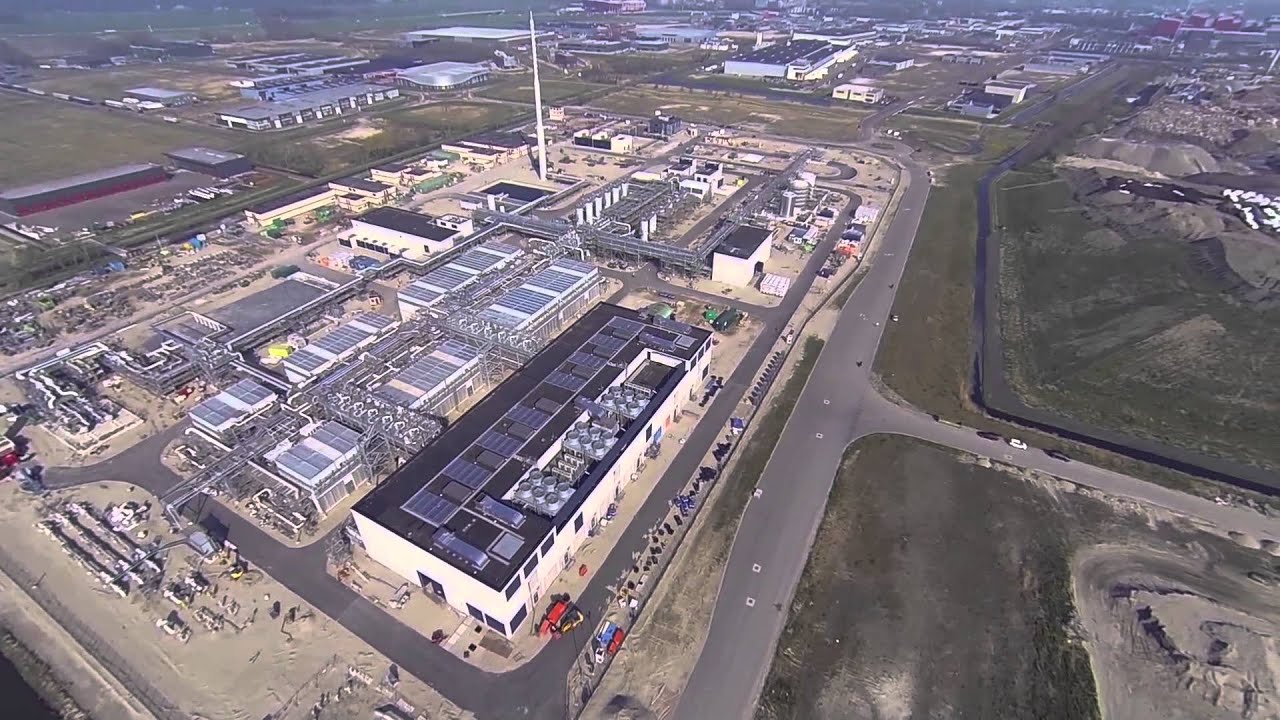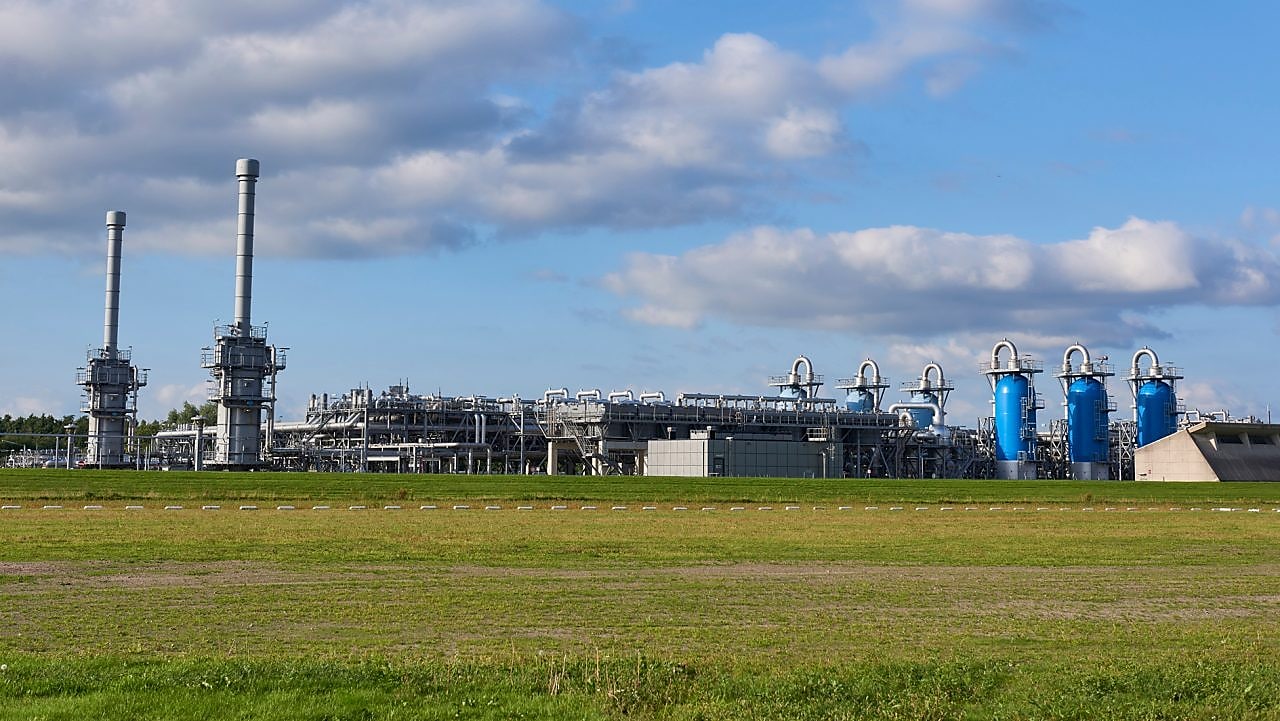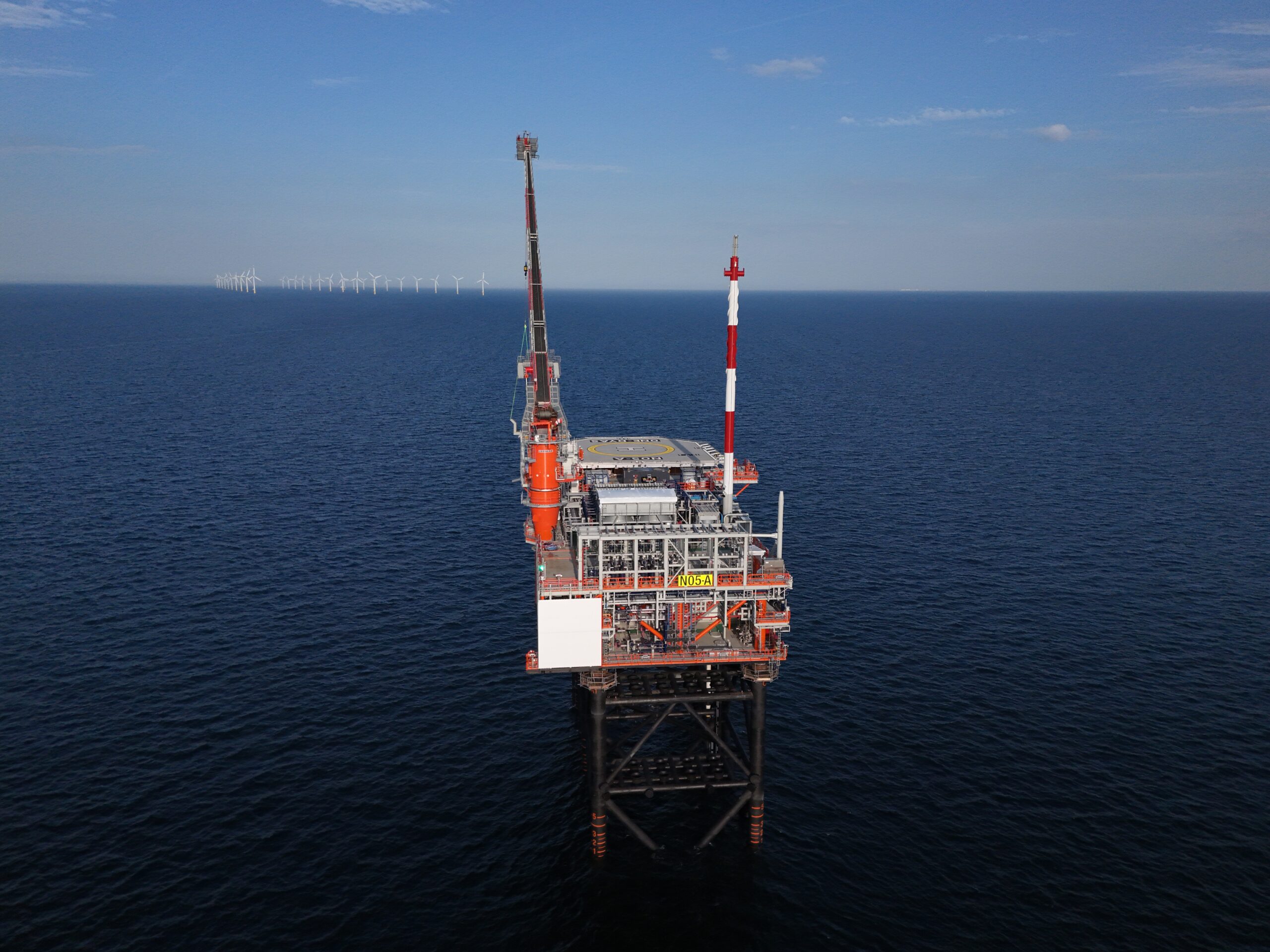With the official end of the gas season on March 31, Europe enters a critical phase for its energy supply. After a cold winter, gas storage levels have dropped to below 25% capacity and need to be replenished over the coming months in preparation for next winter. However, this year brings exceptional uncertainty. Both news radiostation BNR and international outlets like Bloomberg are reporting on a tense market — with high prices, declining supply, and growing political pressure from Brussels.
Why is 2025 different?
Typically, gas traders purchase during the summer when prices are lower and sell in the winter when demand and prices increase. This year, however, that pattern has flipped: summer prices are unusually high, while prices for the coming winter are lower.
Several factors explain this shift. A colder-than-average winter increased gas demand and drained storage more quickly. Since January, Russian gas deliveries via Ukraine have ceased, tightening supply even further. Although global production of liquefied natural gas (LNG) is growing, it remains uncertain how much of that will actually reach Europe. Additionally, the market is hesitant: with reversed price incentives and uncertainty about government policies, many buyers are delaying their decisions.

Jilles van den Beukel (energy expert at The Hague Centre for Strategic Studies): “Gas prices will inevitably be passed on to consumers. That may be one of the few certainties we currently have.”
European regulations create both pressure and uncertainty
Since 2022, EU member states have been required to fill their gas storage facilities to at least 90% by November 1. This measure aims to safeguard winter supply but proves difficult to achieve under current market conditions. The Dutch government, understandably reluctant to purchase gas at record-high prices, remains bound by EU legislation.
Van den Beukel: “We can fill the storage, but it will be expensive. If we leave it to the market, we won’t reach 90%.”
The European Commission has proposed extending this storage obligation by two more years. Simultaneously, there are talks of introducing flexibility — for instance, setting the Dutch target at 80% with room for adjustments or exceptions.

Businesses and consumers under pressure
The impact of high gas prices is already being felt in the business sector, and consumers are likely to follow. If the EU continues to enforce rigid obligations, prices may rise even further — regardless of affordability. This puts pressure on policymakers to strike a workable balance between market forces and public interest.
The value of domestic production
In such uncertain times, domestic gas production plays a key stabilising role. The Netherlands has the infrastructure, expertise, and gas fields to produce efficiently, quickly, and with relatively low emissions. Compared to much of the imported gas, Dutch natural gas has a significantly lower environmental footprint. Moreover, about 70% of the revenues benefit the Dutch treasury. Most importantly, domestic production enhances security of supply by reducing dependency on volatile global markets.
Short-term need for more Dutch gas
A concrete example is the N05-A project by ONE-Dyas in the North Sea. Construction recently began on this new offshore gas platform, demonstrating how the Netherlands can actively contribute to secure energy supply — while respecting environmental and societal concerns. More information is available in this [LinkedIn post].

The coming months will be decisive. Can we refill storage in time without further disrupting the market? How will governments respond, and what changes will Europe make to its regulations?
The Dutch government emphasizes increasing gas production in the North Sea to reduce growing dependence on LNG imports, particularly from the United States. Natural gas remains a crucial transition fuel.
That is why the Ministry of Climate and Green Growth, EBN (the state energy company), and Element NL are working toward a joint agreement. The aim is to optimise the permitting process, reduce financial risks for operators, lower production costs through close cooperation, and make more efficient use of infrastructure.






